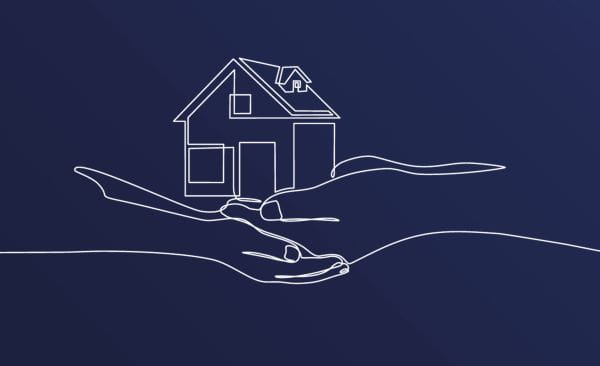What is Awaab's Law?
The new government will implement, and probably extend, the secondary legislation giving effect to Clause 42 of the Social Housing (Regulation) Act 2023, or Awaab's Law, which it inherited from the outgoing government following the election. Landlords, particularly social landlords, need to start making changes now to relevant maintenance and measured term contracts to avoid being caught out by the new requirements.
The current position under the Homes (Fitness for Human Habitation) Act 2018 is that where a landlord is made aware of any hazard which makes a home not fit for human habitation then they must rectify such hazard within a “reasonable” timescale. If a case was to go to court, it would be for the judge to decide what is “reasonable”. There are no concrete timescales in the existing legislation setting out how long landlords, including social housing landlords, have to commence and complete repairs to hazards which threaten habitation.
It is this gap which Awaab’s law aims to plug.
Clause 42 of the Social Housing (Regulation) Act 2023 (known otherwise as Awaab's law) inserts into social housing tenancy agreements an implied term that will require social housing landlords to comply with new requirements to be detailed in secondary legislation. This secondary legislation must require social housing landlords to repair certain hazards (including mould and damp) within prescribed timescales. If a social housing landlord fails to meet these prescribed timescales then tenants will be able to take action against the landlord for breach of contract.
Consultation on the secondary legislation ran from 9 January 2024 to 5 March 2024. The consultation document proposed that social housing landlords must:
- investigate a hazard within 14 calendar days of being made aware of the potential hazard and produce a written report;
- commence repairs to fix the hazard within 7 calendar days of the written investigation being issued if the hazard could pose a significant risk to the health or safety of the tenants. Hazards can be defined as "significant" through guidelines set out by the government, which considers issues such as the severity of the problem alongside the age and vulnerability of the tenants. Notably, defining a risk as "significant" to health will not require a doctor's note.
- Complete repair works within a "reasonable time period". The consultation does not propose to set fixed timescales for the repairs, given that what is reasonable will depend on the circumstances. However, repairs must not be unreasonably delayed.
- Emergency repairs must be completed within 24 hours.
- Social housing landlord must source alternative accommodation if repairs cannot be completed within the required timescales where the hazard poses a significant risk of harm or danger to the tenants.
As the consultation has now closed, an update is awaited from the new Labour government as to when the secondary legislation to bring Awaab's law into force will be passed.
What does Awaab's law mean for construction contracts?
If you are a social housing landlord, you will need to think now about amending your maintenance and measured term contracts to account for Awaab's law. Any such contracts will need to be alive to the required timescales to be introduced shortly for the commencing and completion of repairs for damp and mould. In addition, we are likely to see more general obligations on contractors to report findings of damp or mould to the landlord when carrying out refurbishment or retrofit works to ensure that landlords are kept informed as to the state of their properties.
Careful consideration, however, will need to be given as to how damp/mould are defined in these contracts. Given the frequency with which mould occurs in homes, some contractors/providers may resist efforts by social housing landlords to oblige them to report every instance of mould.
It is also worth noting that while Awaab's law applies only to social housing, the government recently announced (via the King's Speech) the Renters' Rights Bill which aims to strengthen tenant's protections and includes applying Awaab's law to the private rented sector. As such private landlords will also need to swiftly become acquainted with the new requirements and ensure that they have the contractual infrastructure in place to achieve compliance.


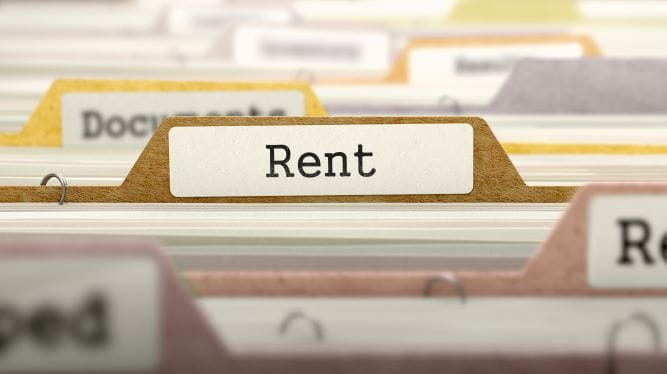
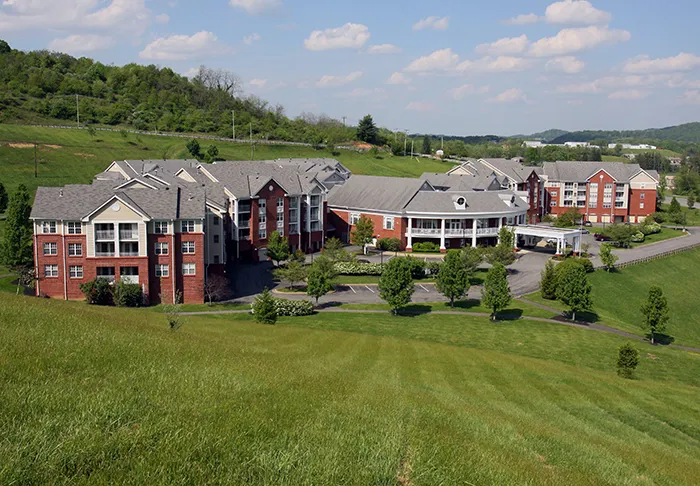
NEWS - 14 Jul 2025
Trowers & Hamlins advises Midland Heart on £100 million sustainability-linked facilities with National Westminster Bank Plc
Read more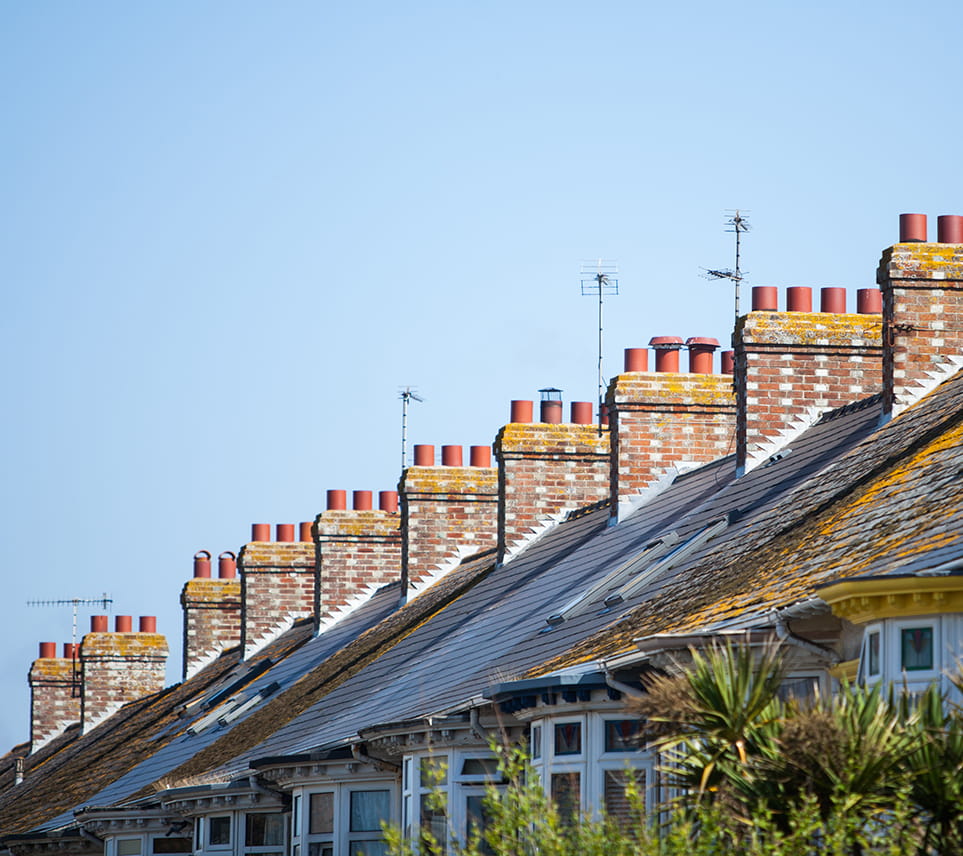

INSIGHT - 27 Jun 2025
Spending Review 2025 – new National Housing Bank loans and financial support to unlock capacity
Read more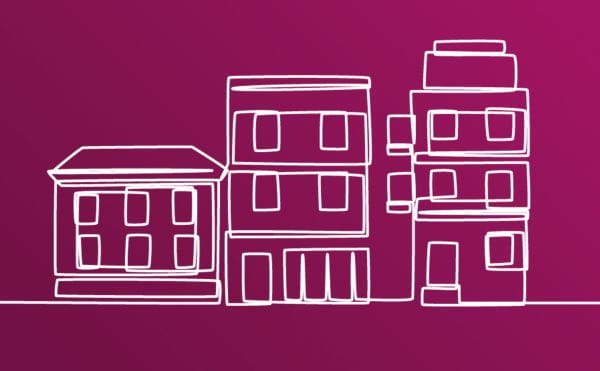
INSIGHT - 26 Jun 2025
Spending Review 2025 – more to come in support of specialist and supported housing?
Read more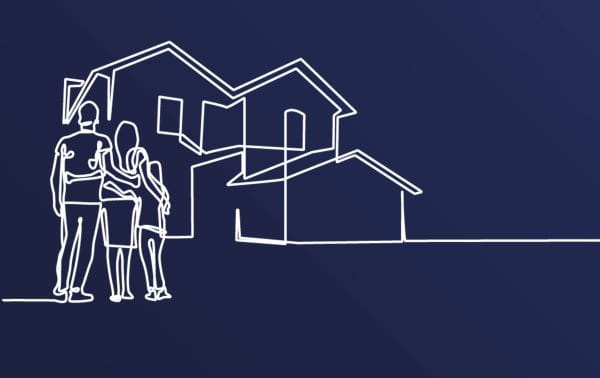
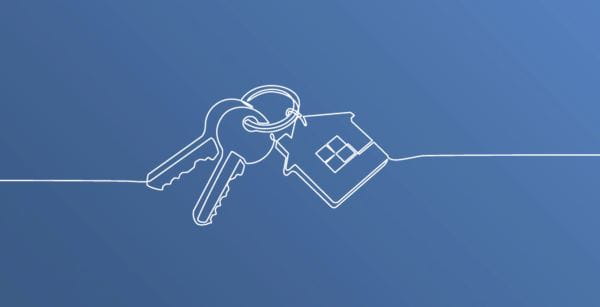
INSIGHT - 24 Jun 2025
Spending Review 2025 – where does it leave institutional investment into affordable housing?
Read more